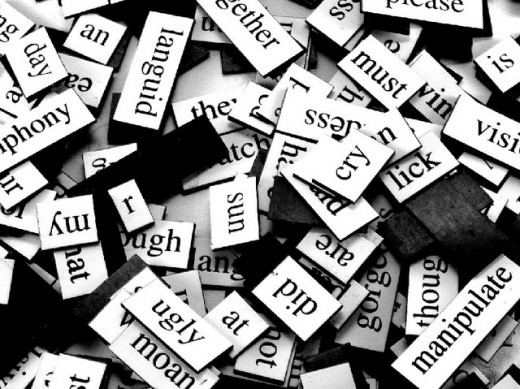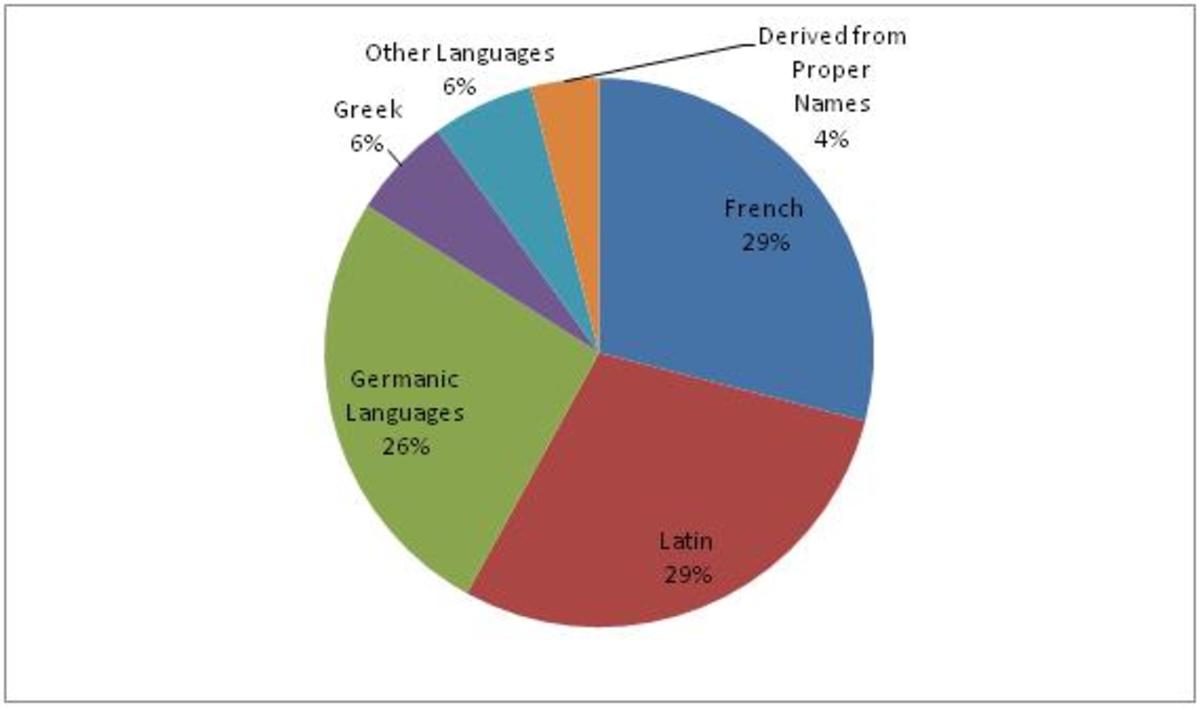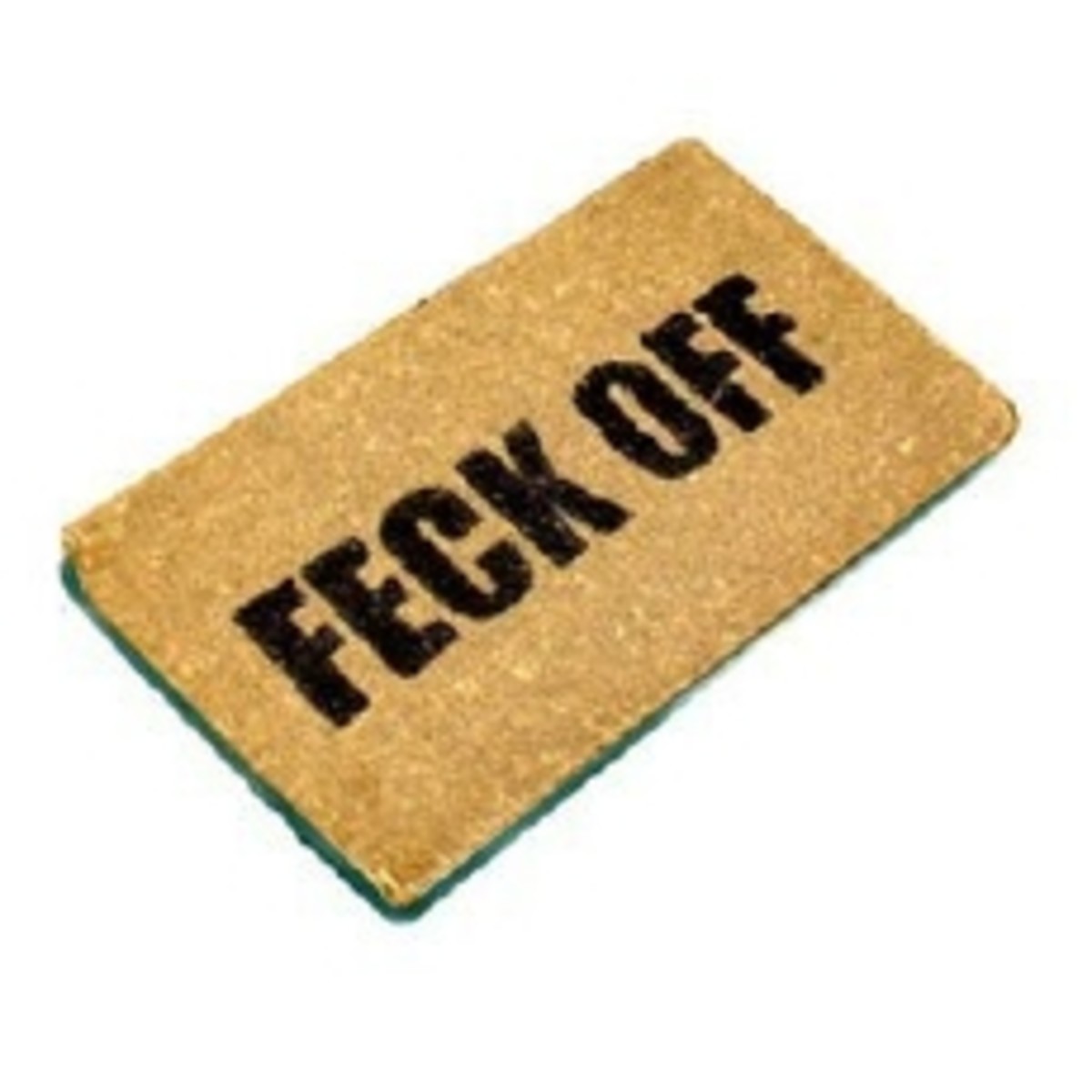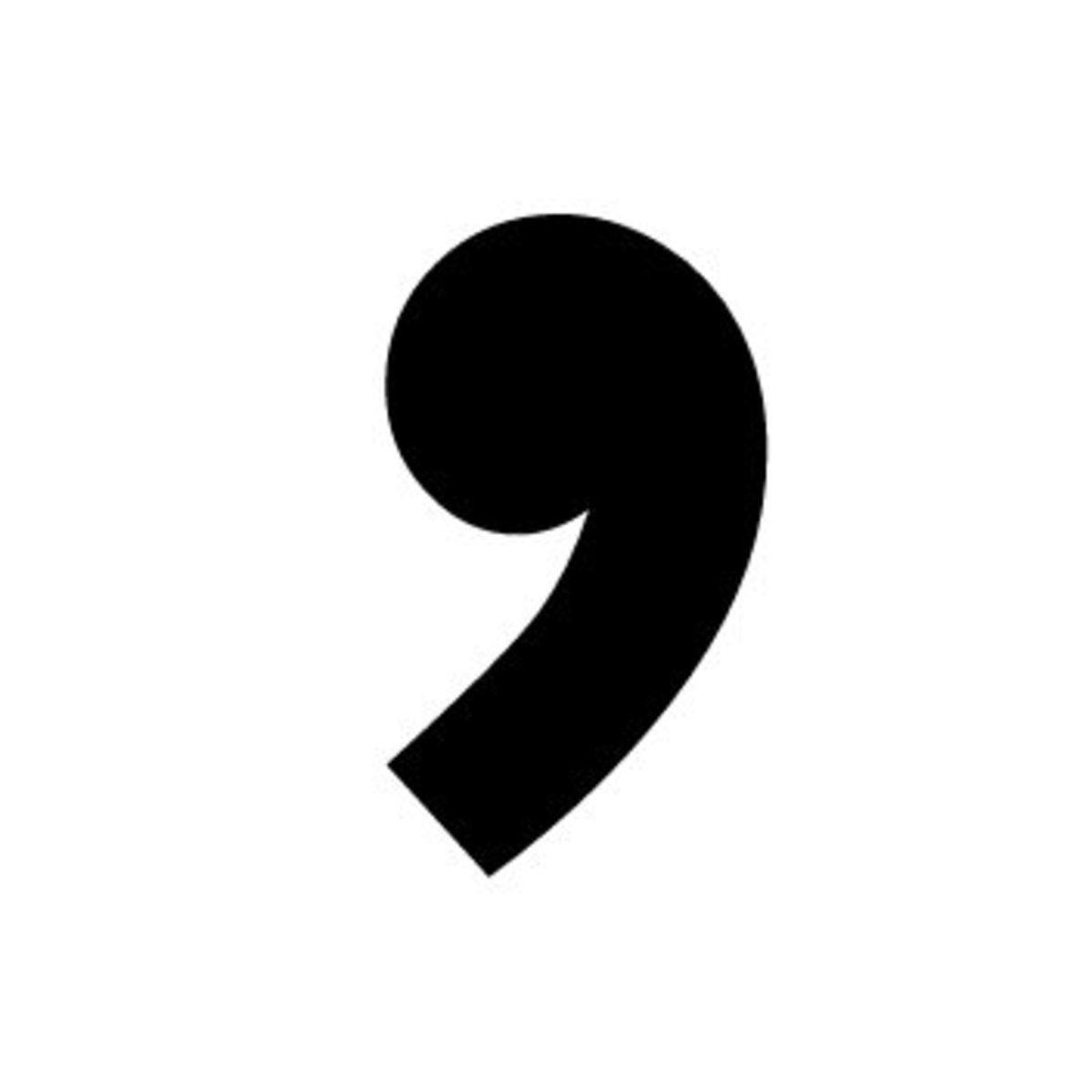Most Commonly Misused English Words Part 3
This is part 3 of my series of hubs on commonly misused English words. The first two parts of this series can be found here - Commonly Misused English Words and Commonly Misused English Words Part 2. In this part, I will be discussing another set of commonly misused English words. As I've stated before in my other two hubs, some of these words won't show up in spell check and hence can be tricky.

Common English Error # 26: a lot versus a lot
I see 'alot' being used quite often here on HubPages, as well as on the Internet - not sure why that is so. I guess it is just one of those words! The correct word is 'a lot.' The one word 'alot' does not exist. Perhaps, one of the most irritating errors ever, albeit one that is all too prevalent on the Internet.
a lot - nonexistent word
a lot - meaning a great deal
NOTE: If you were to do a search using the HubPages search feature with 'alot' as the query, you'd get at least 1000 results with the nonexistent word 'alot' featuring in various hubs, forum topics, etc. I give this example just to demonstrate the widespread misuse of 'a lot' as 'alot.'
**************************************
Common English Error # 27: grammer versus grammar
So, which one is it? Do you know? Most people get this wrong. Most think that 'grammer' is the correct spelling when in fact it should be 'grammar' - there is no "E" in grammar, only As.
NOTE: About 542 results show up for 'grammer' if you use the HubPages search feature.
This is an example of a misspelled word rather than a misused word, but I thought of putting this in because this is an error I see often. Of note, this error won't pass spell check, and hence if you are using spell check, you should be able to catch this. However, spell check isn't always an option and hence knowing your spellings is always good!!
**************************************
Common English Error # 28: capital versus capitol
Have you seen this error? Bet you have! Both sound the same, yet have nothing in common.
The 'capitol' with the 'O' is the building - as in Capitol Hill.
The 'capital' with the 'A' is a city that serves as the seat of a government.
HINT: Capitol is the building - capital is the city where it is located.
NOTE: Capital can also refer to wealth/resources in a business context.
**************************************
Common English Error # 29: instead versus instead
Another error I see quite often is this one. You see 'insted' being used so often, even though there is no such word. The correct word is 'instead' with the 'A.'
**************************************
Common English Error # 30: pique versus peek versus peak
pique - to excite/arouse/provoke OR (to cause to feel resentment)
Example: My interest is piqued / He piqued my interest.
peek - to glance quickly/peep
Example: I peeked at him.
peak - a tapering, projecting point, to bring to a maximum (value, any other parameter)
Example: The peak of the roof OR the mountain peak OR the peak velocity achieved
Example demonstrating the difference between the three words above:
She piqued my interest when I peeked at her up on the peak of the roof.
**************************************
Common English Error # 31: lead versus led
lead - means the metal 'lead' OR the verb 'lead' which means to show the way or guide
The element 'lead' is pronounced 'LED,' whereas the verb 'lead' is pronounced 'LEED.'
Example 1: Soil can be contaminated with lead.
Example 2: Who will lead the parade this year?
led - past tense of the verb 'lead'
Example: Last year, who led the parade?
**************************************
Common English Error # 32: past versus passed
past (adjective) - a thing that has already happened (Example: Past achievements).
past (noun) - Example: My past is no secret.
passed (verb) - refers to the action of passing
Example 1: Time passed so quickly.
Example 2: The students passed the test.
**************************************
Common English Error # 33: emigrate versus immigrate
emigrate – to leave one country to settle in another (move abroad)
HINT: starts with the letter "E." E = exit - leave the country
immigrate – to enter another country and reside/settle there/change residency
starts with the letter "I." I = in - go IN to a country
Example 1: My great grandfather emigrated from Poland.
Example 2: Many Asians immigrate to the United States to find work.
**************************************
Common English Error # 34: appauled (appauling) versus appalled (appalling)
I am appalled that so many people out there spell this word 'appauled,' truly appalling!! There is no such word as 'appauled' or 'appauling.'
NOTE: A cursory HubPages search reveals 86 results for the nonexistent word 'appauled/appauling.'
**************************************
Common English Error # 35: as well versus as well
The one word usage is wrong. It is always two words.
NOTE: The one word usage seems to be quite popular here at HubPages and on the Internet in general. A HubPages search shows up greater than 1000 results for the one word form 'aswell.'
**************************************
Common English Error # 36: prostate versus prostrate
prostate - refers to the gland men have, i.e. the prostate gland
prostrate - lying flat, facedown
People often use the word 'prostrate' instead of 'prostate' when they refer to the prostate gland, cancers of the prostate, etc.
Why you shouldn't rely on your spell checker alone!!
If you rely on your spell checker all too often and believe that it can catch all the errors you make, here is an excellent example of why you shouldn't. This isn't my work but a reproduction of work widely available on the Internet. I believe the original author of this funny poem is a certain Jerrold H. Zar. Well, kudos to him for coming up with a poem as wonderful as this to demonstrate the perils of relying on your spell checker. Do run a spell check on the following poem - an excellent example of why you shouldn't be relying on spell checkers alone!!
Eye halve a spelling chequer.
It came with my pea sea.
It plainly marques four my revue
Miss steaks eye kin knot sea.
Eye strike a key and type a word
And weight four it two say
Weather eye am wrong oar write
It shows me strait a weigh.
As soon as a mist ache is maid
It nose bee fore two long
And eye can put the error rite
Its rare lea ever wrong.
Eye have run this poem threw it.
I am shore your pleased two no
Its letter perfect awl the weigh
My chequer tolled me sew.








